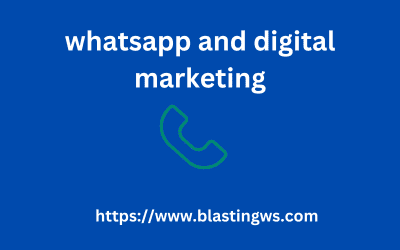Digital Minimalism by Cal Newport | Review
I recently read Digital Minimalism , a book by Cal Newport (Roi Edizioni), and I have to say that I felt guilty. Guilty for all the time I waste during the day. As the title suggests, the book is about that part of our life that happens digitally and suggests how a minimalist use of technology can help us feel better. With ourselves and with others.
The main theme is therefore the invasiveness whatsapp and digital marketing of digital in our lives. How much time it takes away from us, how much space we give it. But be careful, this is not a book that invites you not to use technology :
Digital minimalism has nothing against technology, as long as it is used in a way that improves social life rather than ruining it.
Technology obviously serves us, it serves all
of us for work, to cultivate relationships, to learn something every day. The author who invites us to join the “resistance of attention” and carries forward his philosophy of Digital Minimalism explains:
It is a philosophy of technology use according to which the user dedicates his or her online time to a small number of carefully selected and optimized activities to support important goals and values, happily neglecting everything else
For example, how many times do you look at your phone screen and unlock it? How many minutes do you spend on Facebook? Have you ever thought about it carefully? If you look in your phone settings you will find this data. I did it and it scared me a little.
The urge to check Twitter or refresh Reddit becomes a nervous tic that shatters the time we have available into fragments too small to allow for the presence necessary for a conscious life.
The author wants to bring us to be more
aware of the use we make of technology . All the time we spend in front of the screen passively and aimlessly is wasted time. Between exercises in minimalism, data and recent studies, the book does nothing but invite us to understand which apps / social networks / technologies we really need and in what way, for what type of use, and to use them for that and that’s it. Stop. If we want what are your thoughts and plans to know how our cousin is doing, we can make a phone call, right? Without needing to go and look at his latest post on Instagram. And then, before we actually get to see him, how many other notifications or stories or messages have we been distracted or interrupted?
What we all need is a philosophy of using technology to critically choose which digital tools to adopt, starting from the analysis of the reasons that push us to do so and the limits within which we accept to do so.
The concept of limits is important. Excluding what is indispensable (which however must be carefully evaluated) do we really need to spend 50 minutes a day on Facebook? Isn’t there something more useful or beneficial for ourselves that we could dedicate ourselves to? Something that perhaps we never manage to do precisely because we say we don’t have the time…
If you start setting some limits on low-quality loan data distractions (without feeling like a sacrifice) and enrich the increased free time you now have with quality alternatives (which give you much more satisfaction), you will soon begin to wonder how it was possible to tolerate spending so much free time passively staring at the screen.
In a part of the book, which I particularly appreciated, Newport dwells on the importance of solitude . On how useful it can be to us, underlining the three great fundamental advantages it can offer: new ideas, an understanding of oneself, closeness to others.
Loneliness is something that happens in the brain, not in the environment around us. Therefore, they define loneliness as a subjective state in which the mind is free from the conditioning of other minds.
Not wasting time , but rather giving
some to solitude could therefore have surprising effects. To which we are not accustomed. And if we are well with ourselves and with others and are also more productive, we will inevitably end up unlocking another hidden treasure within us, creativity.
These are some personal considerations on the book. Will you read it? Here is the link if you want to buy it .


